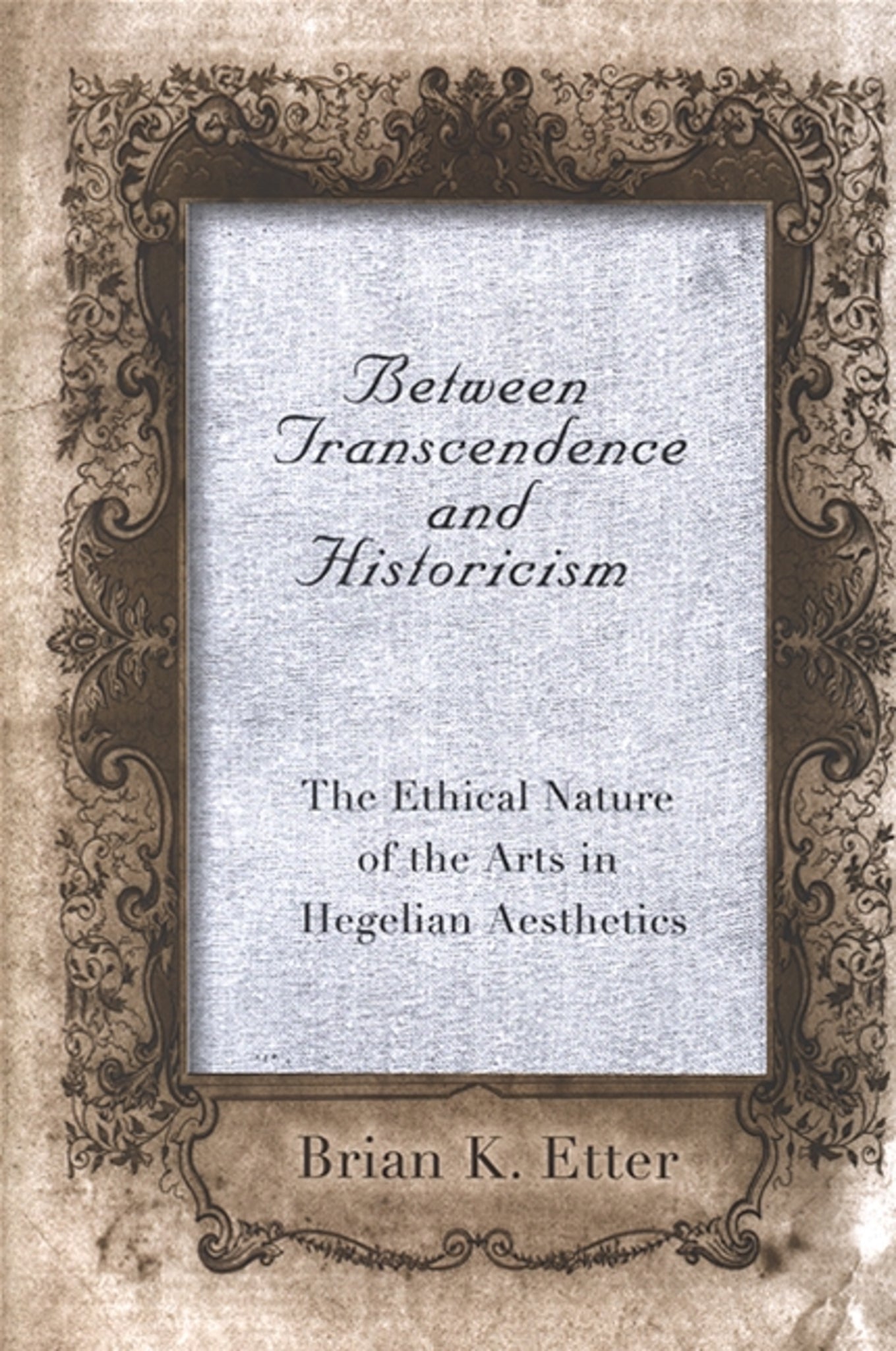We're sorry. An error has occurred
Please cancel or retry.
Between Transcendence and Historicism

Some error occured while loading the Quick View. Please close the Quick View and try reloading the page.
Couldn't load pickup availability
- Format:
-
26 January 2006

Argues that the concept of the ethical is central to Hegel's philosophy of art.
Between Transcendence and Historicism explores Hegel's aesthetics within the larger context of the tradition of theoretical reflection to emphasize its unique ability to account for traditional artistic practice. Arguing that the concept of the ethical is central to Hegel's philosophy of art, Brian K. Etter examines the poverty of modernist aesthetic theories in contrast to the affirmation by Hegel of the necessity of art. He focuses on the individual arts in greater detail than is normally done for Hegel's aesthetics, and considers how the dual constitution of the ethical nature of art can be justified, both within Hegel's own philosophical system and in terms of its relevance to the dilemmas of modern social life. Etter concludes that the arts have a responsibility to represent the goodness of existence, the ideal, and the ethical life in dignifying the metaxological realm through their beauty.


Abbreviations
Introduction
Part I. Art between Transcendence and Historicism
1. Is Art Necessary?
2. Beauty and the Transcendence of the Ideal
3. The Historicity of the Ideal and the End of Art
Part II. The Ethical Nature of the Arts
4. Beauty, the Ideal, and Representational Art
5. The Sounds of the Ideal
6. The Ethical Function of Poetry
7. Beauty and Ornament in Architectural Styles
Part III. The Foundations of Art
8. Art and the Beauty of the Ethical Order
9. Normativity in the Arts and the Particularity of Tradition
10. Art and the Beauty of the Absolute
Notes
Bibliography
Index



